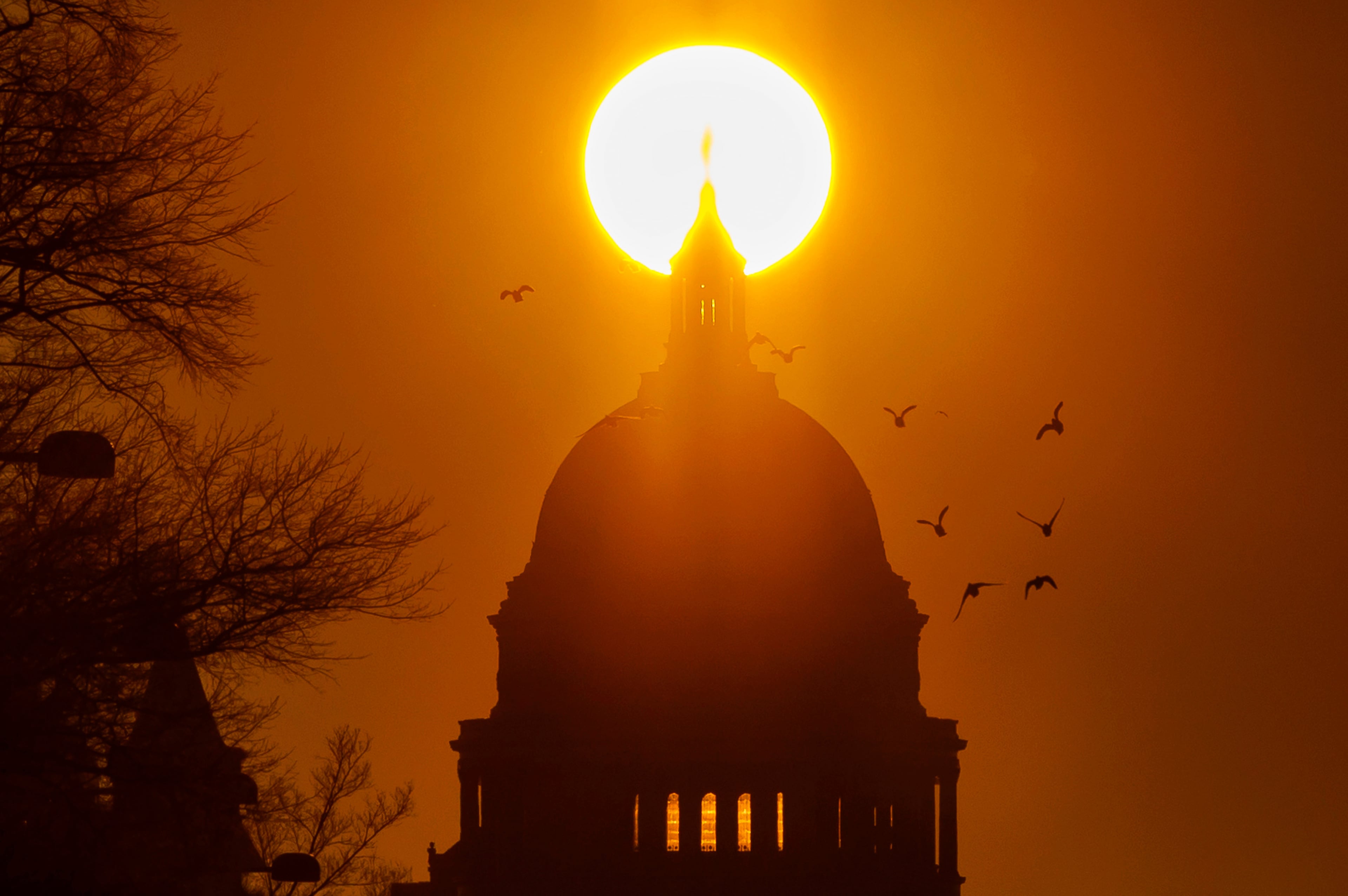Congress is leaving 70M young Americans each with $530,000 credit card bill

The “One Big Beautiful Bill” is one big bite out of the bank accounts of the youngest generations.
According to the Committee for a Responsible Federal Budget, the bill will add $3.1 trillion of debt over the next 10 years, pushing the total federal debt to over $40 trillion by 2035.
We lose perspective when numbers get this big. In 2025, there are more than 70 million Americans under the age of 18, per the U.S. Census. This includes every infant, toddler, preschooler, elementary student, and high schooler in the country. Now imagine they each hold a credit card with an outstanding balance of $530,000. That is the picture of $40 trillion in debt.
Much like our parents and grandparents we learned the importance of hard work and the value of a dollar. We dropped coins into our piggy banks, purchased ice cream cones with friends on hot summer days, and earned our first paychecks mowing lawns, lifeguarding, or babysitting.
We also witnessed the generosity of older generations firsthand — the extra $5 slipped to us at lemonade stands, the meals they made sure were on our tables, the fundraisers they supported for our schools.
We are the Americans most vulnerable to deficit spending and the generation with the least political influence. We do not receive Social Security, utilize electric vehicle tax credits, reach the high-income tax brackets, or really know the difference between Medicare and Medicaid.
We are asking them to continue looking out for us, just as they always have. Give us the fiscal flexibility to defend this nation when our time comes. Give us the blessing of a low interest rate on our first home. Correct our government’s deficit spending.
Republicans and Democrats must take joint ownership of the budget
Partisanship is the fundamental problem with our fiscal process. The parties do not budget together, so they act alone. No single party will lead to reduce the debt because the political costs are too high. The result is a back-and-forth budgeting cycle where, over the course of a decade, every constituency gets their share of money we do not have.
We can break this cycle.

Imagine a scenario where President Trump commits to veto any legislation that adds more than $500 billion a year to the deficit. Congress would need to reduce spending and increase taxes. At the current yearly deficit of about $2 trillion, this would require $1.5 trillion in fiscal reform, according to The Wall Street Journal.
This task might seem politically impossible. It is not. The president could give two unique demands to the Republicans and Democrats in the House. Republicans are tasked with reforming and abolishing existing programs to lower the deficit. Democrats are tasked with raising taxes. Each party will be responsible for $750 billion of the deficit. Send the drafted bill from the House to the Senate, keep the 60-vote filibuster rule in place, and allow senators to debate the legislation and work toward a middle-ground solution.
Republicans cheer for low taxes, D.O.G.E., rollbacks of green energy subsidies, and reforming Medicaid. Let them go through the difficult process of cutting programs. They will experience political pressure when they see how many of their constituents benefit from and rely on government assistance.
Democrats support higher taxes and progressive income redistribution. Let them figure out how to raise taxes! Many of them represent districts with major industries and plenty of wealthy constituents. They will see that raising taxes is not politically popular.
USA has boldly solved big problems before, and we can do so again
If President Trump leads by holding Republicans and Democrats equally responsible for spending cuts and tax increases, each party will be able to continue blaming the other party when next year’s elections come around.
From the outside it will appear as if nothing changed, but for the 75 million Americans under the age of 18, everything will have changed.
Admittedly, the issue of our national debt is more complex than presented here. However, this should not prevent us from stepping back and seeing the big picture.
I have seen the ways this nation has faced daunting challenges and emerged triumphantly. We are the people who bounced back from the Great Depression, outcompeted the Soviet Union, and raised living standards for billions. The national debt crisis is yet another opportunity for our leaders to respond with conviction. They can build upon the economic accomplishments of our past.
The late British Prime Minister Winston Churchill once quipped that “Americans can always be trusted to do the right thing, once all other possibilities have been exhausted.” I write this article to ask those of you with political influence to do this before exhausting all other possibilities. The youngest generations will thank you.
Alexander Glover is studying economics at the University of Georgia, founder of Glover Solutions LLC, and president of the Georgia Debate Union.


